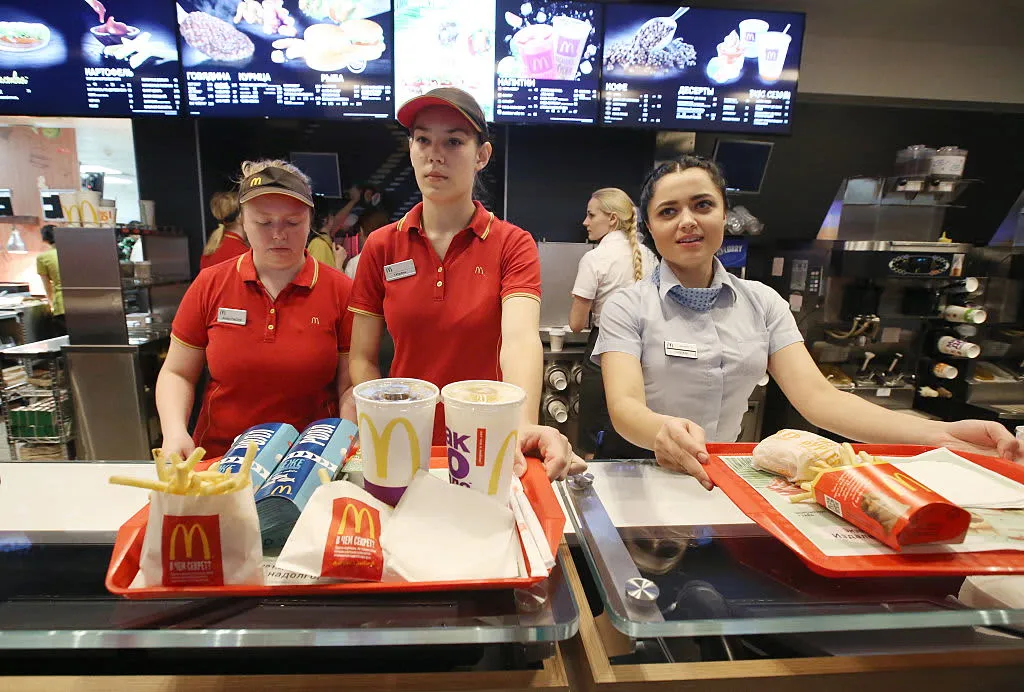The landscape of California’s fast-food industry is undergoing seismic shifts as the state implements a minimum wage that far surpasses federal requirements. With the minimum wage set to skyrocket to $20 per hour for fast-food workers, the repercussions are being felt across the sector.
California's new minimum wage law is taking a bite out of the bottom line for fast food franchises. https://t.co/Mn8GADvmji
— CBS News Bay Area (@KPIXtv) April 1, 2024
Effective January 1, 2024, California raised its minimum wage to $16 per hour for all workers, with some municipalities enacting even higher requirements. Now, with the introduction of the $20-an-hour minimum wage specifically for fast-food employees, the industry faces unprecedented challenges.
For Alex Johnson, owner of multiple Auntie Anne’s Pretzels and Cinnabon bakeries in the San Francisco Bay Area, the impact has been palpable. Slowed sales have forced him to make difficult decisions, including laying off employees and enlisting the help of family members for human resources tasks.
Johnson’s experience is reflective of a broader trend within the industry. Fast-food chains are grappling with the prospect of significantly higher labor costs, leading to layoffs, price hikes, and reevaluations of expansion plans. The $20-an-hour minimum wage represents a stark contrast to the federal minimum wage of $7.25 for adults, creating a substantial financial burden for businesses.
While proponents of the wage increase argue that it provides essential financial support to workers and stimulates local economies, critics warn of unintended consequences. The rapid escalation of labor costs could lead to job losses, reduced hours for employees, and even closures of small businesses unable to absorb the financial strain.
As California forges ahead with its ambitious minimum wage agenda, the fast-food industry serves as a microcosm of the broader economic implications. Balancing the needs of workers with the viability of businesses remains a delicate task, with far-reaching implications for the state’s economy and beyond.

